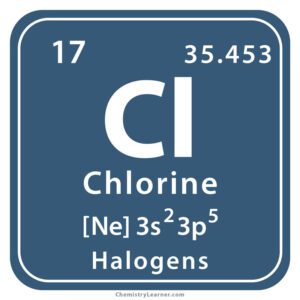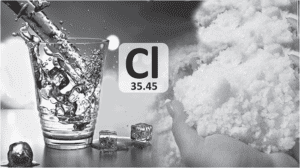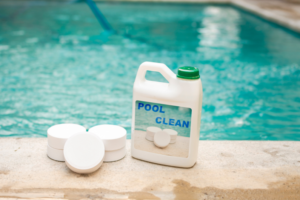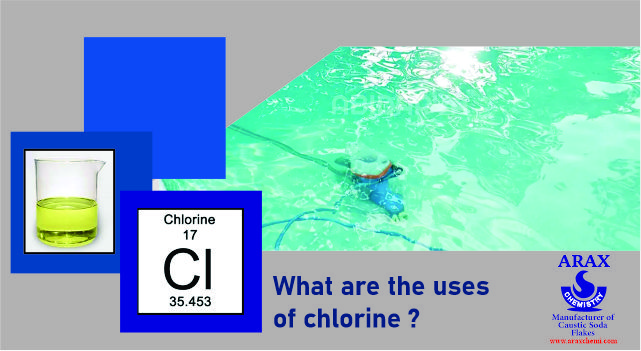How Chlorine Keeps Pools Safe for Summertime Fun?
Uses of chlorine
Most people probably wouldn’t want to go swimming in a giant, germ-filled. petri dish But without modern chemistry, that’s what swimming in pools could be like Even a quick swim in unsanitized water could expose a person to illnesses such as diarrhea, swimmer’s ear, and various types of skin infections,
including athlete’s foot.

What experts say about chemicals and pool safety:
- The U.S. Centers for Disease Control and Prevention (CDC) states that chlorine is added to water to kill germs.
Chlorine and pH are the first line of defense against germs that can make swimmers sick, according to the CDC. - Whether you choose chemical products or electrical devices to clean your pool or spa, you must maintain a certain amount of
sanitizer to prevent disease-causing microorganisms from multiplying, according to Health Canada. - Belgian scientists also support pool disinfection, stating that chlorine is the best disinfectant currently available,
and “there is no evidence that alternatives to chlorine will provide an appropriate solution for the disinfection of swimming pools.
” (Superior Health Council of Belgium)
What is chlorine and how is chlorine made?
uses of chlorine

Chlorine is a naturally occurring chemical element and one of the basic building blocks of matter.
Chlorine is produced from ordinary salt, bypassing an electric current through a solution of brine
(common salt dissolved in water) in a process called electrolysis.
Why is chlorine added to swimming pools?
Chlorine is added to the water to kill germs. When it is added to a swimming pool,
it forms a weak acid called hypochlorous acid that kills bacteria like salmonella and E.
coli, as well as germs that cause viruses such as diarrhea and swimmer’s ear.
How is pool water chlorinated?
uses of chlorine
Pools are sanitized using a variety of chlorine-based compounds including chlorine gas, sodium hypochlorite (liquid bleach),
calcium hypochlorite, lithium hypochlorite, and chlorinated isocyanurates.
When any of these compounds contact water, they release Hypochlorous acid (HOCl), the active sanitizing agent.
How are salt-water pools different from chlorinated pools?
Both types of pools actually use chlorine. Salt-water pools are chlorinated pools in which chlorine is generated on-site from sodium chloride. Other types of chlorinated pools use chlorine to disinfect the water with chlorine tablets or sticks.

Why do pools sometimes have chlorine or chemical smell?
Healthy pools don’t smell like chemicals. Pool water is often described as smelling like chlorine,
but a well-managed pool shouldn’t have an odor.
The pool water scent does not come from the chlorine itself but rather from chemical compounds called chloramines,
which build up in pool water when it is improperly treated.
Chloramines result from the combination of two ingredients:
(1) the chlorine disinfectants added to sanitize swimming pools,
(2) perspiration, oils, and urine that enter pools from swimmers’ bodies.
Chloramines can be eliminated using chlorine.
“Shock treatment” or “super-chlorination” is the practice of adding extra chlorine to pools to destroy ammonia and
the organic compounds that combine with chlorine to make chloramines.
Does chlorine irritate a swimmer’s eyes?
Swimmers might worry “there is too much chlorine in the pool” if, after a swim, their eyes are reddened or irritated.
However, when pool water is irritating, that is typically a sign that there is not enough chlorine in swimming pool water!
To keep a pool, hot tub, or spa safe, the water must be tested on a daily basis, especially when it’s being used a lot.
